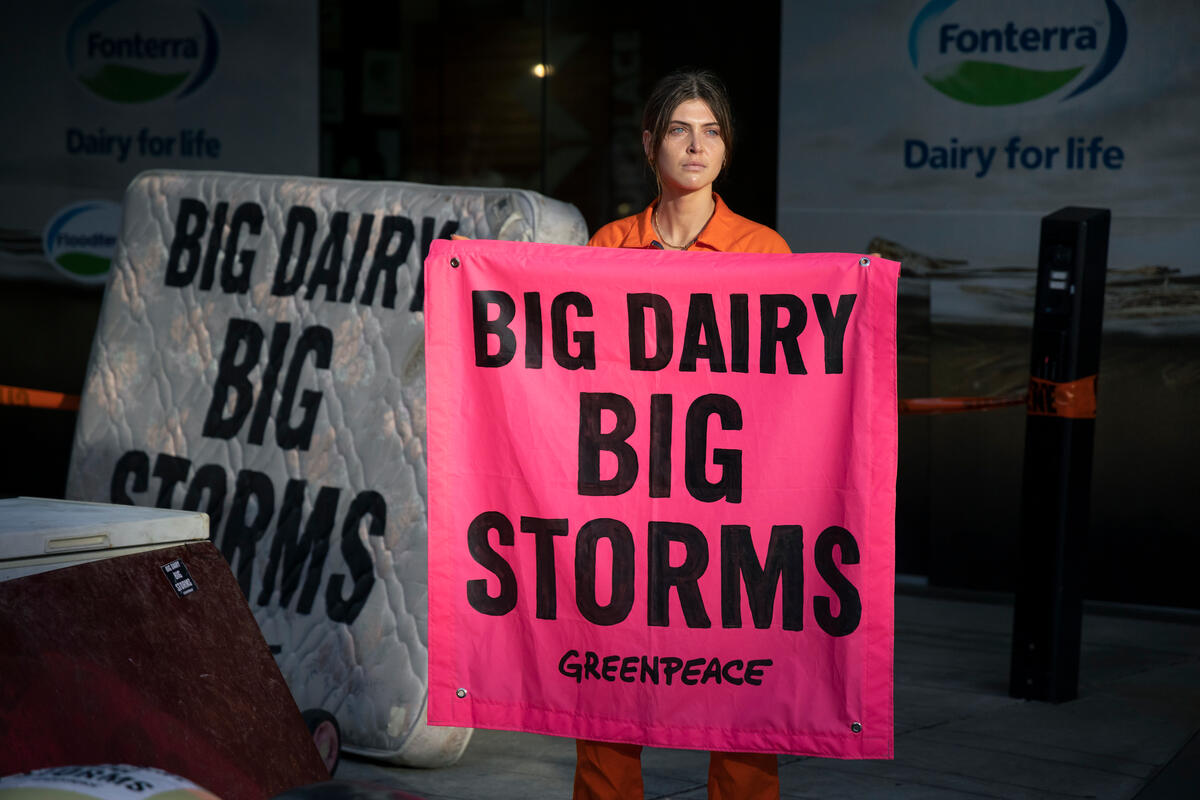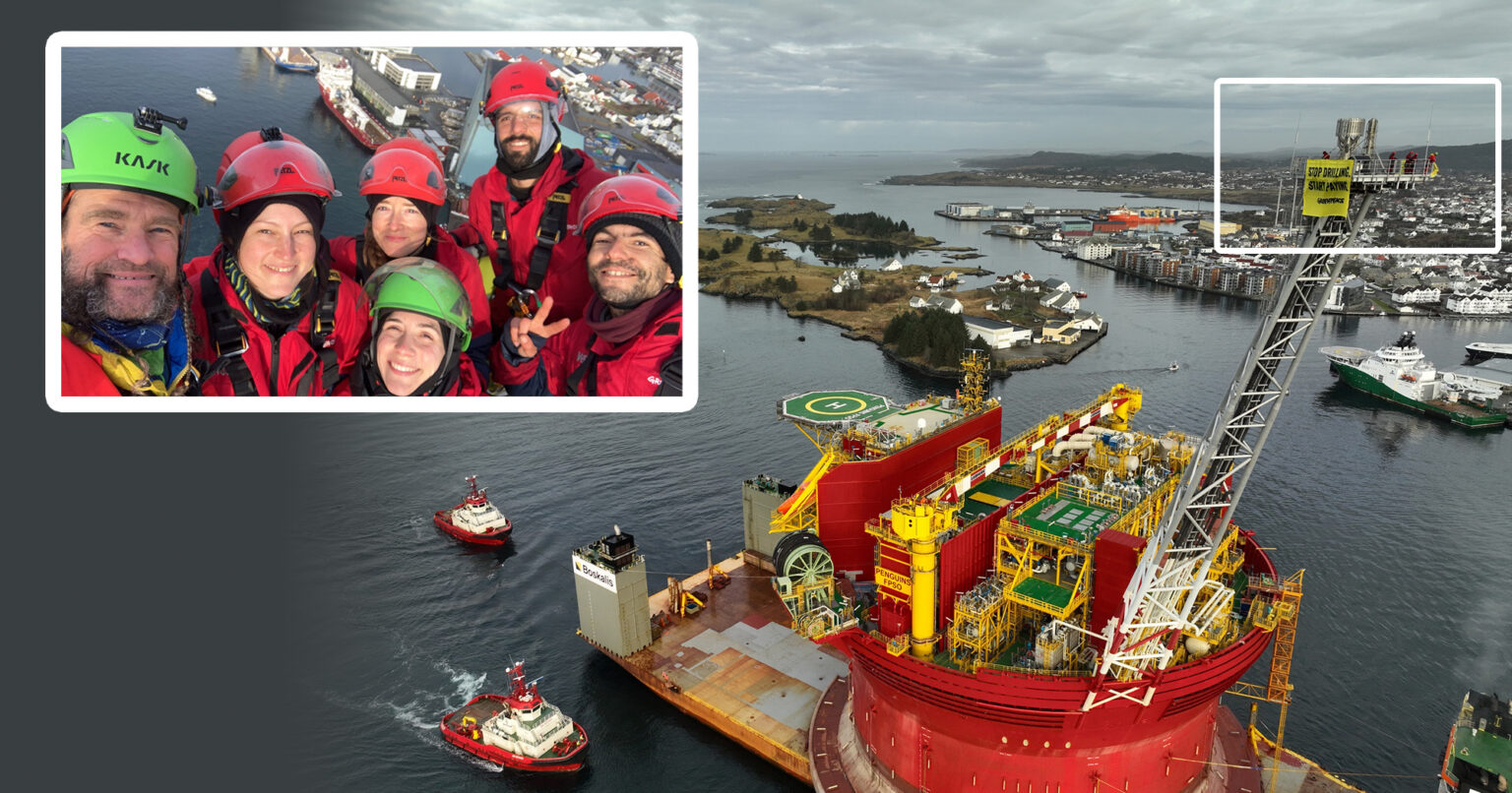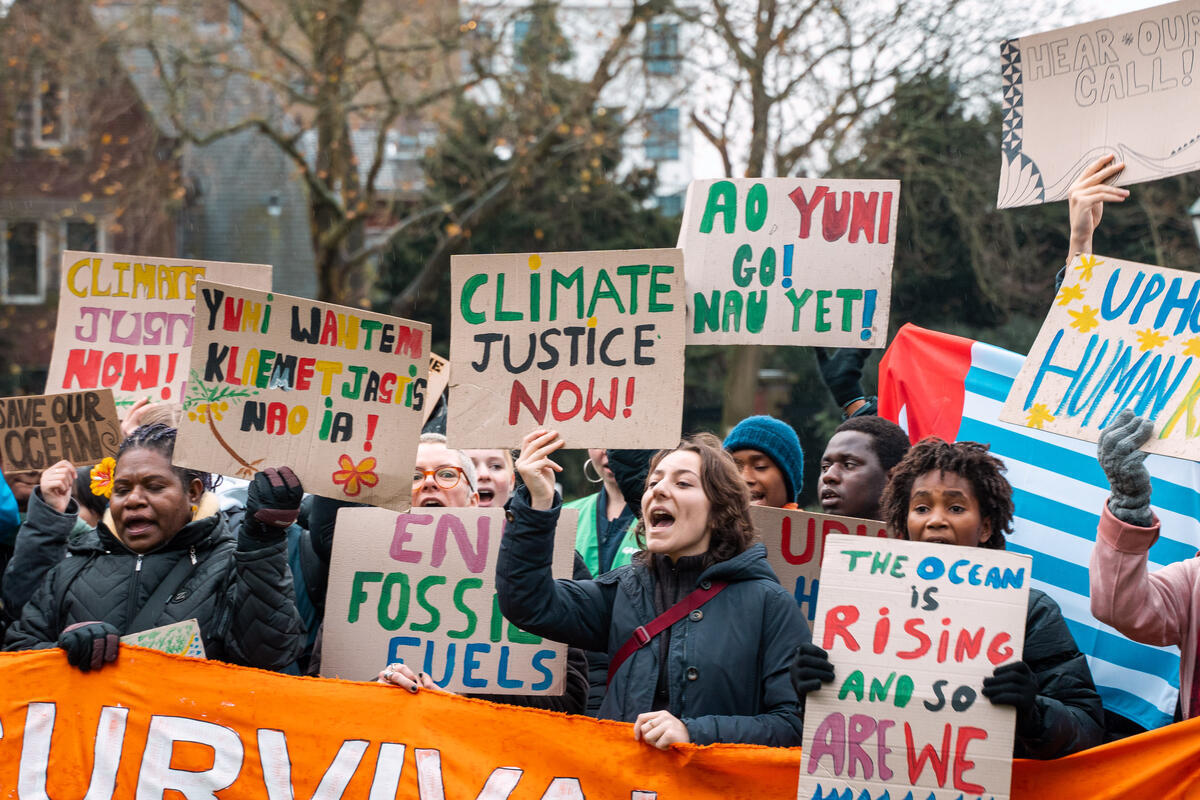Introduction
Given that nearly half of New Zealand’s greenhouse gas emissions come from agriculture, the main source of which is methane from the livestock sector, it is imperative for methane emission reduction to occur in this sector in order for New Zealand to achieve its climate commitments under the Paris Agreement.
The Paris Agreement is our roadmap for a livable future for our children and grandchildren. Because climate change is truly an existential crisis, it requires all nations to do their part. Honouring our commitments to the Paris Agreement is essential if we are to avoid catastrophic impacts on our homes, health, livelihoods, critical infrastructure and ability to grow food. It is an obligation we have to future generations both here in Aotearoa New Zealand, in our neighbouring Pacific and across the Earth. The advice you provide in your report to the Government will inform our targets under the Paris Agreement. It will make or break our commitments. Our children’s future is in your hands.
We are therefore very concerned that the Panel’s terms of reference explicitly require that our methane targets be reviewed in line with “no additional warming” as this would seriously undermine the Paris Agreement and climate action more generally.
The concept of “no additional warming” is related to the model known as Global Warming Potential* (or GWP* for short). While GWP* can be a useful tool to track methane emissions variations over shorter timescales and to differentiate its impacts with longer-lived emissions, climate scientists have warned against its use as a metric to inform policies and mitigation actions corresponding to specific emission reduction targets for a number of reasons. Drawing from this scientific advice, we summarise our key concerns in this short submission under the following headings:
- Lowering climate ambition at the expense of the Paris Agreement
- Potential associated breaches of trade agreements



